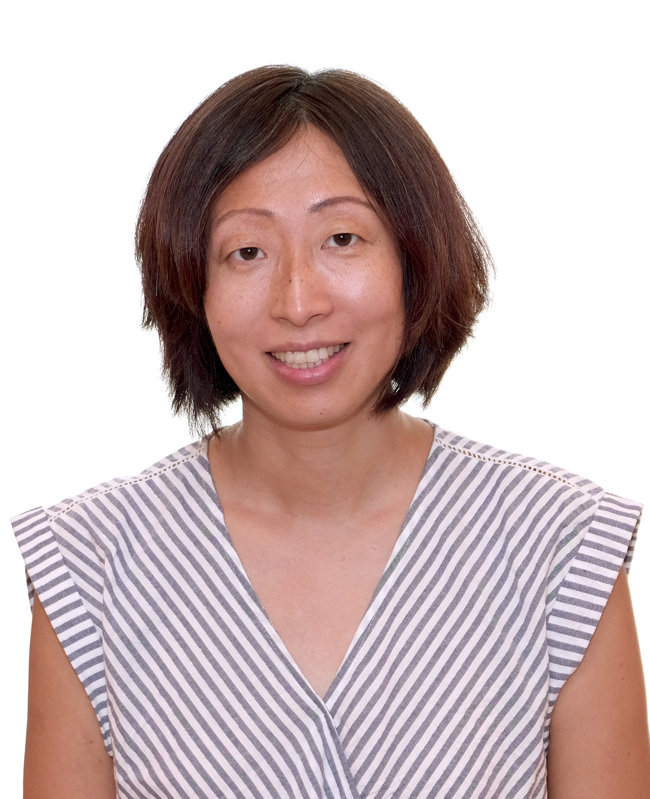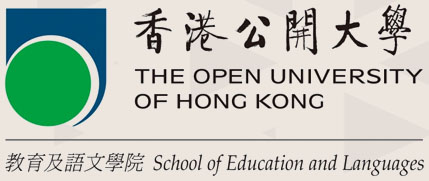Prof Becky Xi Chen

Seminar 1
TOPIC:
Dynamic Assessment for Language Learning Abilities in Monolingual and Bilingual Children: Theoretical Background and Application
TIME:
24 October 2018 14:00 - 15:30
VENUE:
Lu Sin Lecture Theatre (D0309), 3/F, Block D, Jockey Club Campus, OUHK
ABSTRACT:
Dynamic
language assessment evaluates two dimensions of language learning: language
learning potential and language ability. In this type of assessment, the focus
is on the learning process in relation to the input characteristics under
consideration (Tzuriel, 2001). Dynamic assessment is a useful technique for
identifying at-risk readers in bilingual children, particularly children who receive
their school instruction in the second language (L2). Conventional assessment methods for reading
difficulties are generally not attempted until Grade 3, due to a lack of
proficiency in the L2, but this delay negatively affects learning outcomes.
Because dynamic assessment focuses on children’s learning potential, and often
involves a teaching component, even children without much knowledge in the L2
can be assessed in a timely manner. In this
workshop, I will introduce the concept of dynamic assessment, and present
dynamic assessment measures of phonological specificity, phonological awareness
and morphological awareness. The techniques were originally developed in
English but I will also introduce relevant techniques in Chinese.
LANGUAGE:
English
REGISTRATION:
SEMINAR 2
TOPIC:
English-speaking and multilingual children in French immersion programs in Canada: research findings and implications
TIME:
26 October 2018 16:45 - 17:45
VENUE:
Lu Sin Lecture Theatre (D0309), 3/F, Block D, Jockey Club Campus, OUHK
ABSTRACT:
In this presentation, I will summarize the findings of my research on language and literacy development of children enrolled in French immersion programs in Canada. I have conducted two large-scale projects in this area in the past 10 years. French immersion programs are publically funded in Canada. Students enrolled in these programs come from non-Francophone backgrounds but they receive school instruction primarily or entirely in French. In other words, English first language and English language learner students are becoming bilingual in English and French, and trilingual in English, French, and their first language, respectively.
LANGUAGE:
English
 2018 International Conference on Bilingual Learning and Teaching
2018 International Conference on Bilingual Learning and Teaching